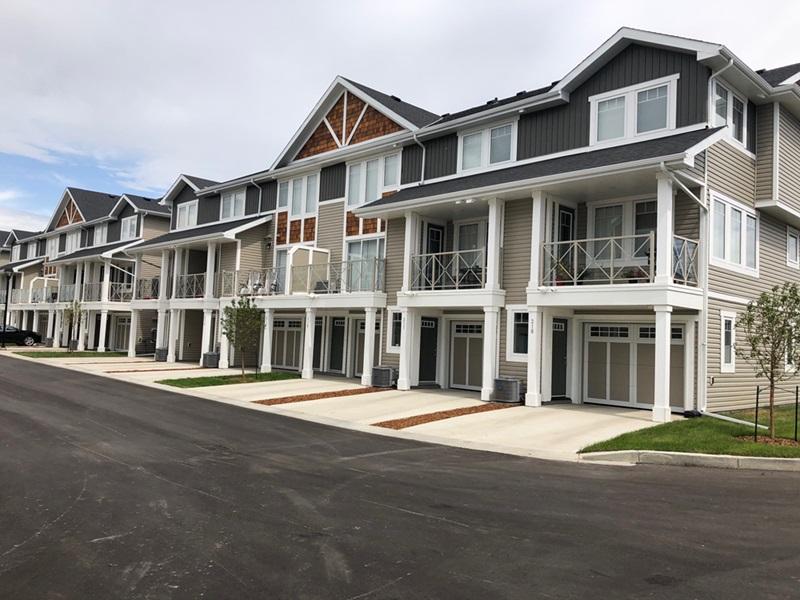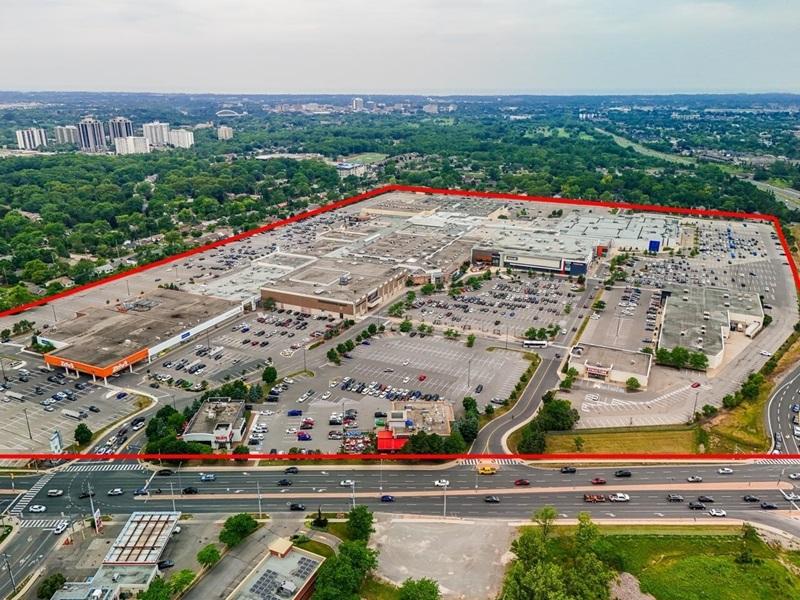
Returns for various investment sectors during the 2008 financial crisis. (Courtesy Equiton)
Historically, private multiresidential apartments are a sound investment no matter the economic winds.
Apartments offer investors a unique investment opportunity. They can create returns through three sources:
* consistent cash flows from operations;
* increases in equity from mortgage principle repayment (in a sense, the tenants buy the building for you);
* and, increases in property value over time.
To illustrate the potential downside protection inherent in private apartments, the accompanying graph (click for a pop-up, full-size version of the graph) isolates the 2008 financial crisis and the returns achieved by various asset classes during the crisis.
It shows that during the 2008 financial crisis, Canadian equities fell by approximately 31 per cent, Canadian public REITs fell by 38 per cent, and U.S. equities by 23 per cent (in Canadian dollar terms). Private Canadian apartments achieved a positive return of over six per cent.
The higher relative performance achieved by private apartments during the financial services crisis can be attributed to their tri-fold return drivers (consistent cash flows from operations, increases in equity from mortgage principle repayment and increases in property value over time).
Apartment prices during, after a downturn
Equiton’s experience shows us that professional and well-capitalized apartment owners tend to keep most assets off the market during a financial crisis, often waiting for panic to subside. They’re often not looking to sell into an environment where buyers may act more conservatively or are focused on getting a great deal.
The flip side is that there are opportunities to purchase good assets at a discount. Individual and non-professional owners, whose primary business is not apartment investing, may be forced to liquidate properties to cover issues unrelated to the property.
For these and other similar reasons, prices tend to quickly return after an economic shock, and excellent gains can be achieved when purchasing during a downturn.
In addition, when private apartments are purchased below their intrinsic value, the value of these assets could improve even in a declining market.
That’s because increases in revenue from taking advantage of market rents and improved operations can happen at a faster pace than any temporary decline.
As mentioned earlier, even during the financial crisis, the 6.5 per cent gain is an average that would include optimized and non-optimized assets. Those that were optimized may show even higher average returns during that period.







